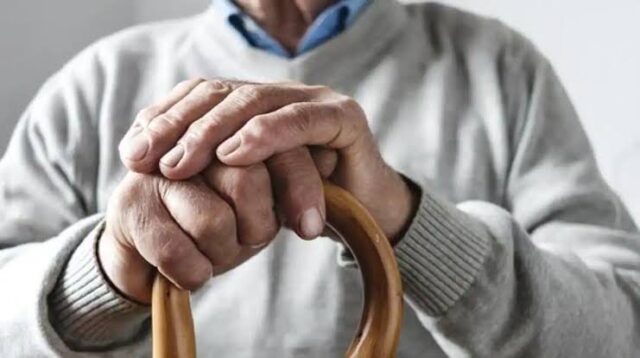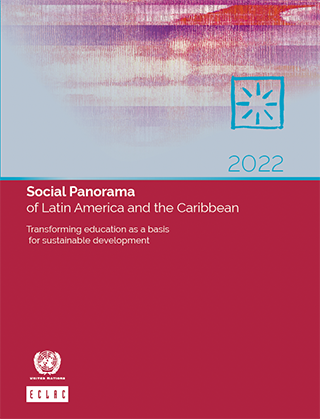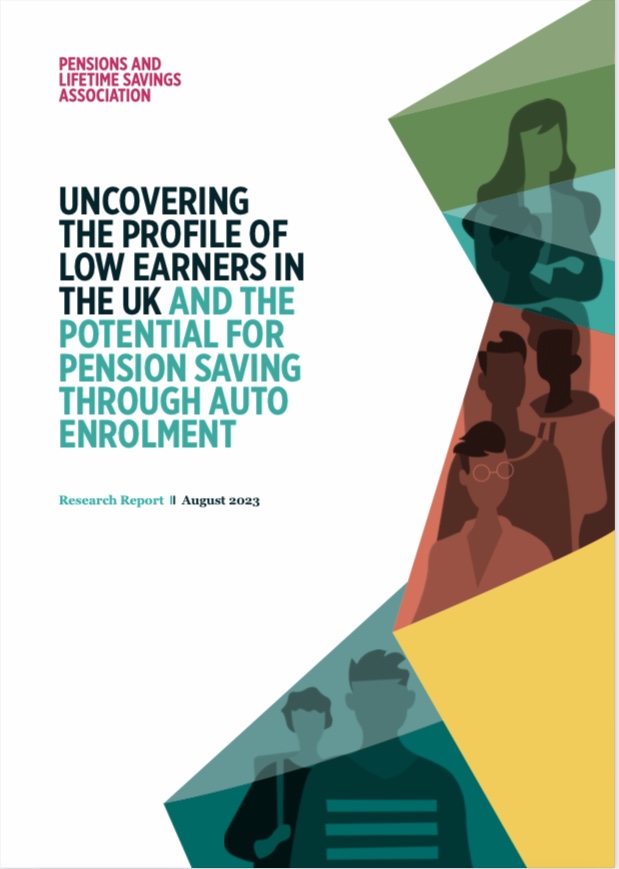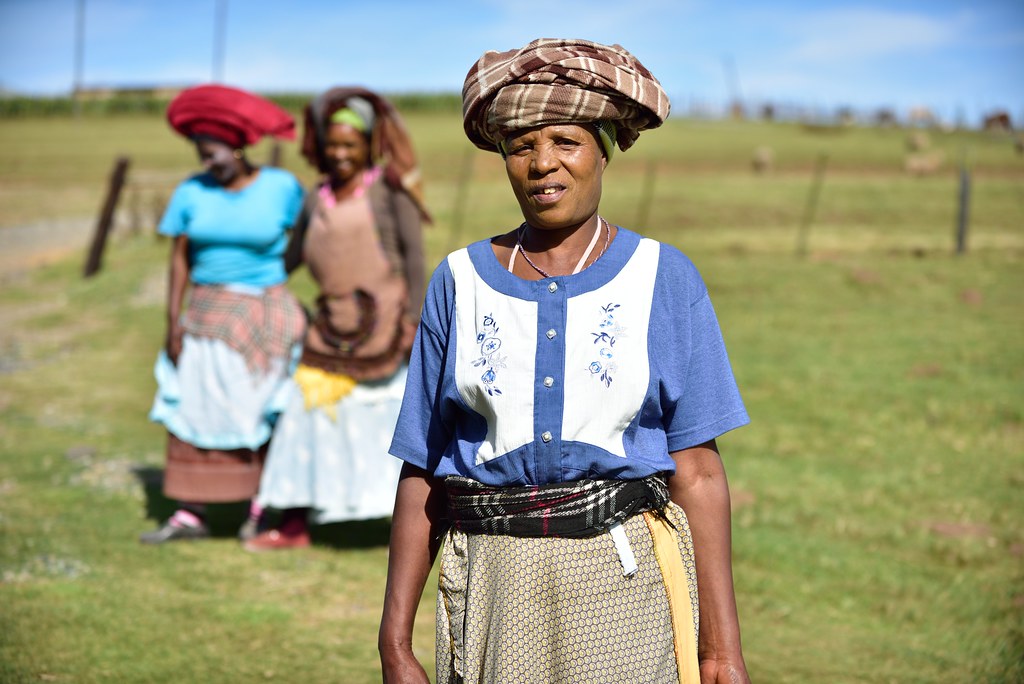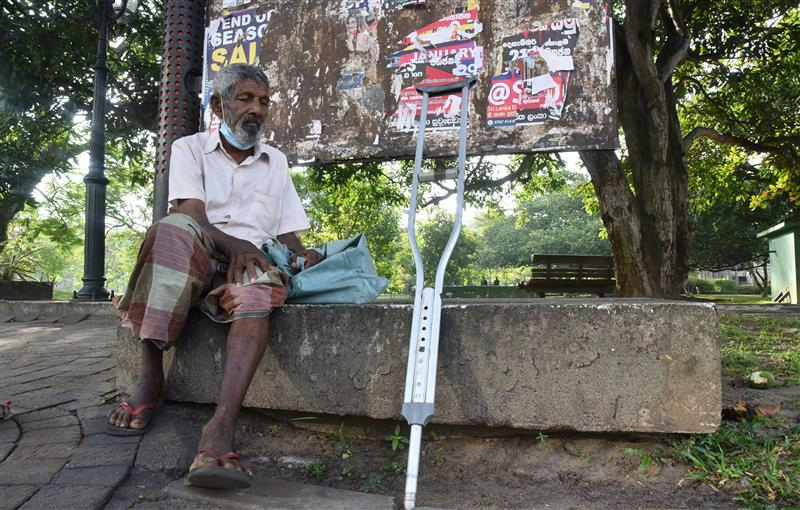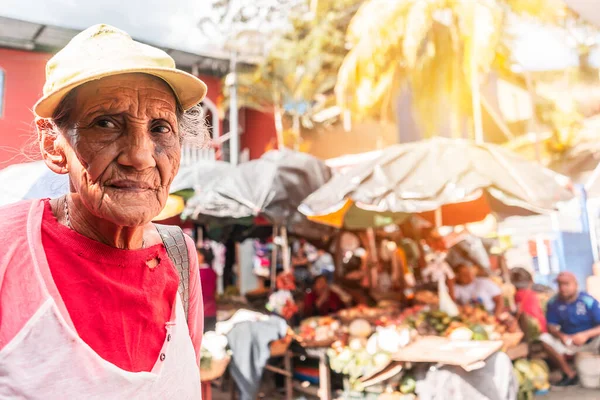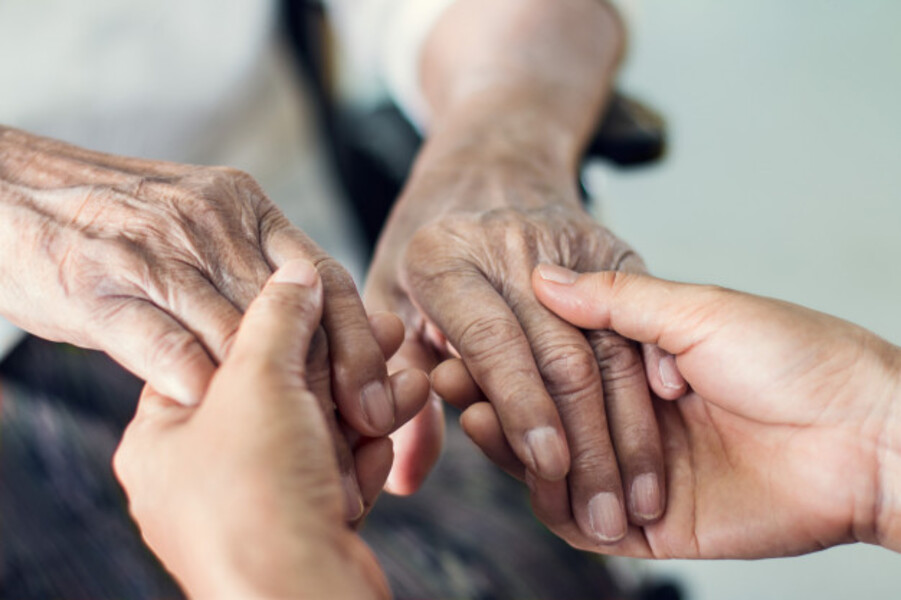Another brick on the Wall: On the Effects of Non-Contributory Pensions on Material and Subjective Well Being
By Rosangela Bando, Sebastian Galiani & Paul Gertler Public expenditures on non-contributory pensions are equivalent to at least 1 percent of GDP in several countries in Latin America and is expected to increase. We explore the effect of non-contributory pensions on the well-being of the beneficiary population by studying the Pensiones Alimentarias program established by law in Paraguay, which targets older adults living in poverty. Households with a beneficiary increased their level of consumption by 44 percent. The program improved...

